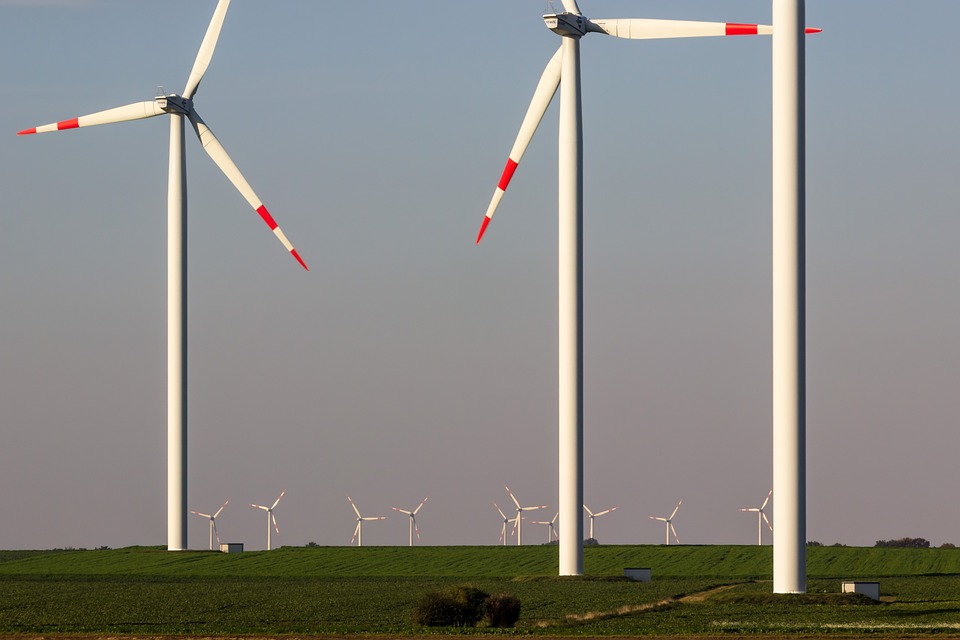The Future of Oil: How Energy Transition Affects Global Markets
Introduction
The oil industry has been the backbone of the global economy for decades, with oil being the primary source of energy for transportation, power generation, and industrial processes. However, with the growing concerns about climate change, air pollution, and energy security, the world is shifting towards a low-carbon economy. This energy transition is expected to have a significant impact on the global oil market, leading to changes in supply and demand, prices, and investment patterns.
Impact on Supply and Demand
Decline of Conventional Oil Reserves
The world’s conventional oil reserves are declining at an alarming rate. According to the International Energy Agency (IEA), the global oil production is expected to peak by the mid-2020s, followed by a decline. This decline will lead to a shortage of oil supply, which will put upward pressure on prices.
Rise of Renewable Energy
On the other hand, the growth of renewable energy sources such as solar and wind power is expected to continue, leading to a decline in demand for oil. The IEA estimates that by 2050, renewable energy will account for over 60% of the world’s energy mix, up from around 25% today.
Impact on Oil Prices
The decline of conventional oil reserves and the rise of renewable energy will lead to a significant impact on oil prices. As demand for oil declines, prices are expected to fall, making it less economic for oil producers to extract oil from expensive and complex sources.
Impact on Global Markets
Changes in Trade Patterns
The energy transition will lead to changes in trade patterns, as countries that are heavily reliant on oil imports will need to diversify their energy sources. This will lead to an increase in trade between countries with abundant renewable energy resources and those that are dependent on oil imports.
Impact on Economic Growth
The energy transition will also have an impact on economic growth. As the cost of energy declines, businesses and consumers will have more disposable income, leading to increased consumer spending and economic growth. However, the transition will also lead to job losses in the oil and gas sector, which could have a negative impact on economic growth.
Impact on Financial Markets
The energy transition will also have an impact on financial markets. As the demand for oil declines, the value of oil companies and oil-related assets will decline, leading to a potential bubble in the oil market. On the other hand, companies that are investing in renewable energy will see their value increase, leading to a potential bubble in the renewable energy sector.
Conclusion
The energy transition is expected to have a significant impact on the global oil market, leading to changes in supply and demand, prices, and investment patterns. While the transition will lead to challenges for the oil industry, it will also create opportunities for companies that are investing in renewable energy. As the world moves towards a low-carbon economy, it is essential for policymakers, businesses, and consumers to work together to ensure a smooth transition.
FAQs
Q: What is the energy transition?
A: The energy transition refers to the shift from fossil fuels to renewable energy sources such as solar and wind power.
Q: What is the impact of the energy transition on oil prices?
A: The energy transition is expected to lead to a decline in oil prices, as demand for oil declines and supply exceeds demand.
Q: What are the benefits of the energy transition?
A: The energy transition is expected to lead to a reduction in greenhouse gas emissions, improved air quality, and increased energy security.
Q: What are the challenges of the energy transition?
A: The energy transition is expected to lead to job losses in the oil and gas sector, and may require significant investment in new infrastructure and technology.
Q: What is the timeline for the energy transition?
A: The energy transition is expected to take place over the next few decades, with the majority of the transition occurring by 2050.



_1.png?w=150&resize=150,150&ssl=1)
_1.png?w=150&resize=150,150&ssl=1)


